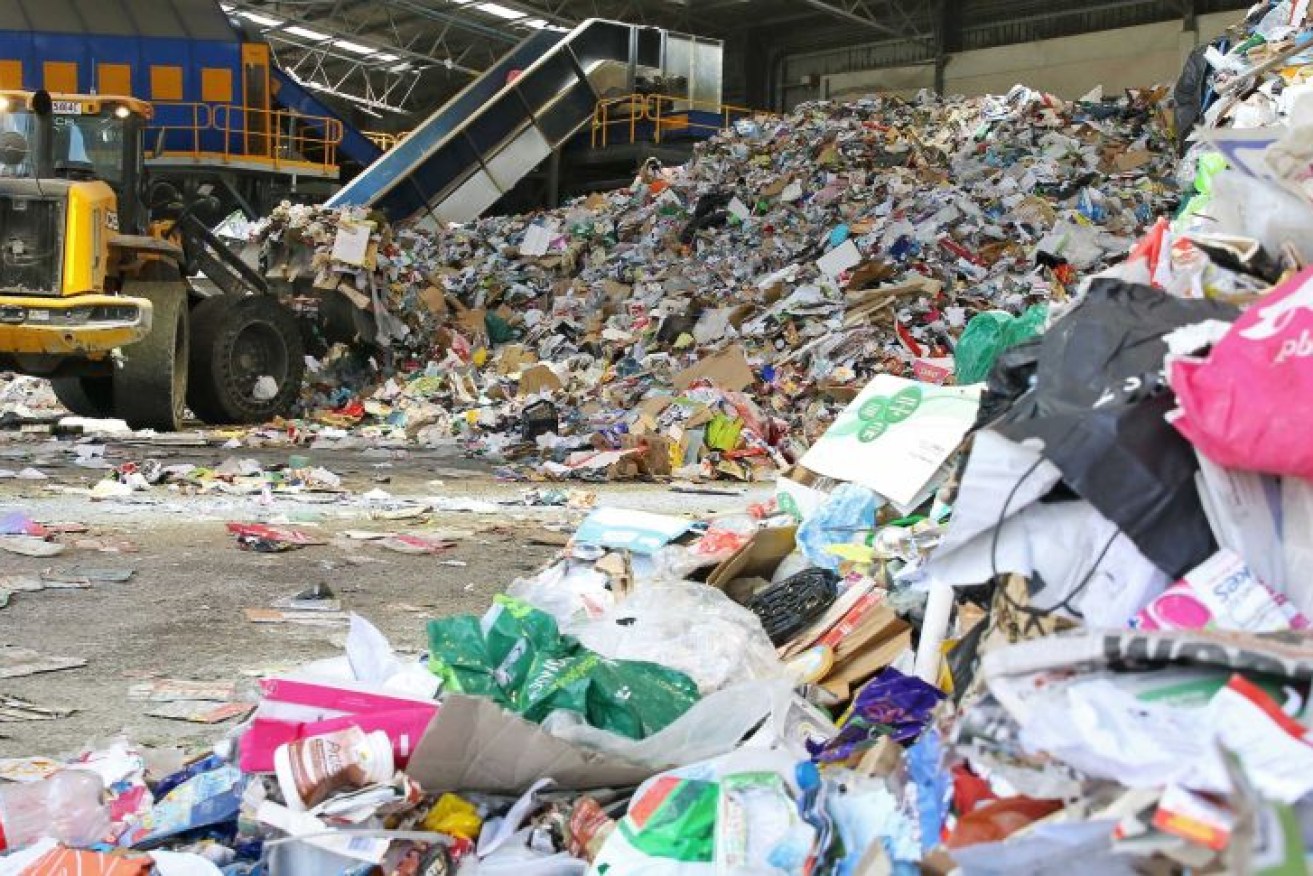War on waste: How Australia gets serious about reducing its rubbish mountain
The Morrison Government has been urged to take the lead on ensuring Australia becomes a true “circular economy” in which rubbish is minimised and the waste that is created is used to make new products or generate energy.


Parliamentary committee chair Barnaby Joyce said the report embraced the notion that rubbish must be “effectively, efficiently and sustainably dealt with by the nation that creates it”. Photo: ABC News
A parliamentary committee has called on the Government to encourage more unity of purpose among the states on recycling and waste management to dramatically reduce the average 2.7 tonnes of waste a year that each Australian produces.
The House of Representatives Standing Committee on Industry, Innovation, Science and Resources has tabled a report which points out the potential of rural and regional towns to manage and process waste, urging the Government to kickstart investment in infrastructure which would support local waste processing.
Committee chair Barnaby Joyce said the report embraced the notion that rubbish must be “effectively, efficiently and sustainably dealt with by the nation that creates it”.
“No one is going to put up with our garbage anymore,” he said.
“Finding big old holes in the ground to throw it in is a poor reflection of a nation that wishes to present itself as a clever country.”
The Government has paid more attention to waste management policy since last year’s election, pledging hundreds of millions of dollars to recycling strategies and putting pressure on private companies to do more to ensure their activities minimise the creation of waste.
This week the federal parliament passed laws to prevent the export of waste overseas and toughen so-called product stewardship regulations governing how electronic waste should be recycled.
Federal Environment Minister Sussan Ley said the new legislation “sends a strong message that it is time to take responsibility for our waste, to seize the economic opportunities of transforming our recycling industry and to stop sending problem waste overseas”.
However, challenges remain, particularly in reducing the amount of waste that goes to landfill, diverting plastics from ending up in Australia’s oceans and encouraging a local energy from waste industry.
The committee insisted that while technology existed to effectively reduce waste, there should be national framework of uniform regulation across the states to encourage innovation.
“Notwithstanding that state and territory and local governments are primarily responsible for waste management and resource recovery in Australia, the Commonwealth has an important leadership and coordination role,” the committee’s report said.
“Essentially, it must bring together and harmonise eight different jurisdictions to create a more seamless waste management and resource recovery industry as well as a competitive domestic and international market for recycled products.”
However, the committee urged caution on how an energy from waste industry was developed, saying there was community opposition to current technologies that relied on incinerating waste to generate power.
“Specifically, debate surrounds the environmental friendliness of these technologies and whether they undermine other waste management and recycling strategies by burning waste that could be recycled, reused or recovered in other ways,” the report said.












